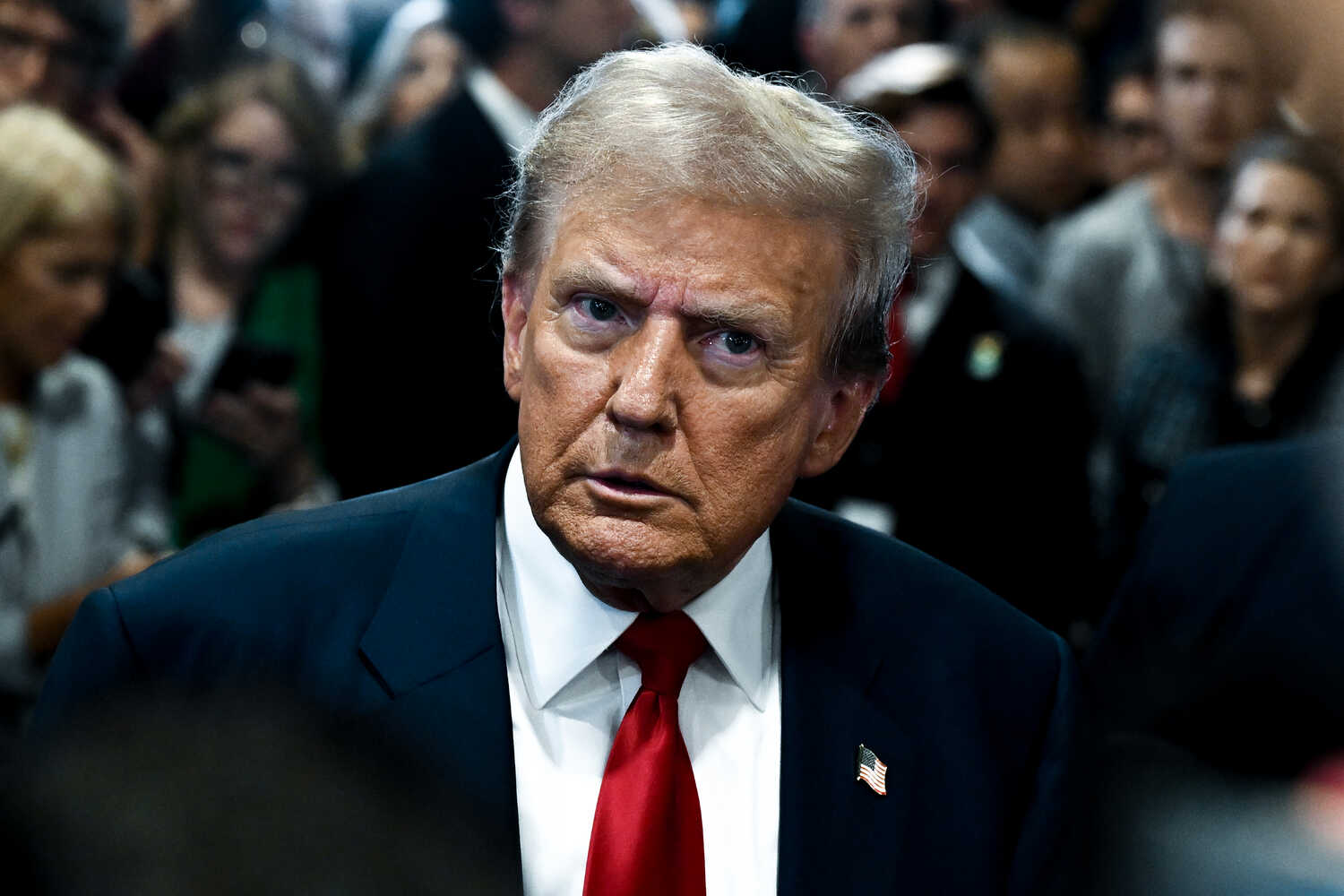World News – 2024 – Video Playlist | Video Playlists | Sites: | newsandtimes.org | links-newsandtimes.com | worldwebtimes.com | southcaucasusnews.com | russianworld.net | jossica.com | octobersurprise2016.org | bklyntimes.com | oceanavenuenews.com | fbireform.com | bloggersunite.net | octobersurprise-2024.org | Trump-News.org | Audio-Posts.com | Bklyn-NY.com | Posts Review – newsandtimes.org | Capitol-Riot.com |
The News And Times Review – NewsAndTimes.org

It’s an awkward time for the Social Democrat Party to celebrate itself. The center-left SPD gathers this weekend for its national party conference, in Berlin, on the heels of yet another major poll showing how unloved they are.
If general elections were held now, the party of Chancellor Olaf Scholz would only receive 14% of the vote. That is another 2% lower than last month’s figure and the lowest since June 2021, according to DeutschlandTrend, a monthly tracking of political sentiment among the German electorate.
The Greens, who support the SPD in a coalition, land slightly ahead at 15%. The government’s third party, the business-first Free Democrats (FDP), would fall under the 5% threshold required to sit in parliament. That is also true of the socialist Left Party, which recently fractured into two groups.
For Scholz, the only way is down
The representative poll, carried out by the research group infratest-dimap surveyed 1,364 eligible voters between December 4-6 by phone and email. Of them, just 17 percent said they are satisfied with the SPD-led government. For Scholz himself, that figure is one-fifth. It’s the lowest approval rating of a German chancellor in the history of the poll, which has been tracking monthly sentiment since 1997.
Scholz’s defense minister and fellow SPD comrade, Boris Pistorius, is polling strongest of the major political figures listed. Foreign Minister Annalena Baerbock, of the Greens, enjoys the second-highest favorability rating, at 38%. And opposition leader Friedrich Merz, chairman of the center-right Christian Democratic Union (CDU) is gaining support and polls in third place.
The current legislative period has been one of crises: the tail-end of the COVID-19 pandemic, Russia’s full invasion of Ukraine, and the ensuing inflationary spiral and energy insecurities. Then last month, Germany’s constitutional court agreed with the opposition CDU/CSU that the government’s budget plans were illegal. It wanted to reallocate more than 60 billion euros ($64.7 billion) in unused credit, earmarked for the pandemic, for climate action.
The ruling has blown a huge hole in public finances, sparking a budget crisis with no clear solution. Broadly speaking, the government can either cut spending, raise taxes or declare a public emergency that would allow raising debt beyond constitutional limits.
No clear way out
Polling suggests that voters are as unsure as their elected officials on the least bad way forward. The largest number of them, 47%, are for cuts, while 35% are for more borrowing. Very few want to pay more in taxes.
If cuts do come, two-thirds of voters appear comfortable with sacrificing low-income benefits, in a scheme known as “citizens’ money.” More than half would claw back savings in military aid to Ukraine. There is also a plurality of respondents, 41%, who would cut support for making the economy more climate-friendly.
The drop in support for climate action comes against the backdrop of the COP28 gathering in Dubai. A solid majority, 62%, expressed the view that Germany has done plenty to combat climate change and that other countries need to step up.
Still, 7 in 10 German voters think that lifestyle changes are essential to stopping climate change — a high number, but off its peak when the same question was asked in 2019.
This article was originally written in German.
While you’re here: Every Tuesday, DW editors round up what is happening in German politics and society. You can sign up here for the weekly email newsletter Berlin Briefing.

